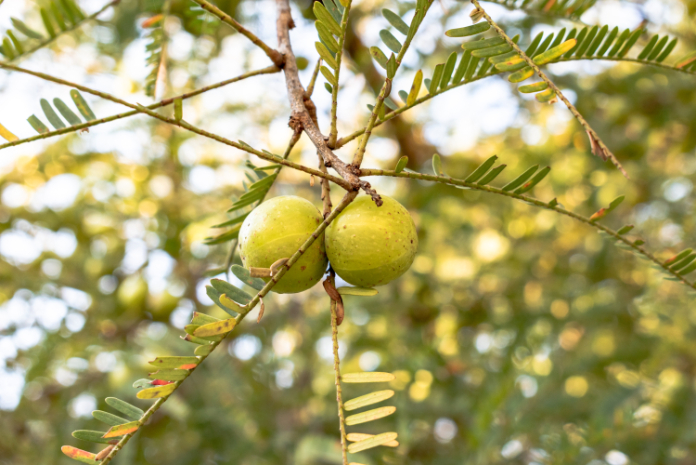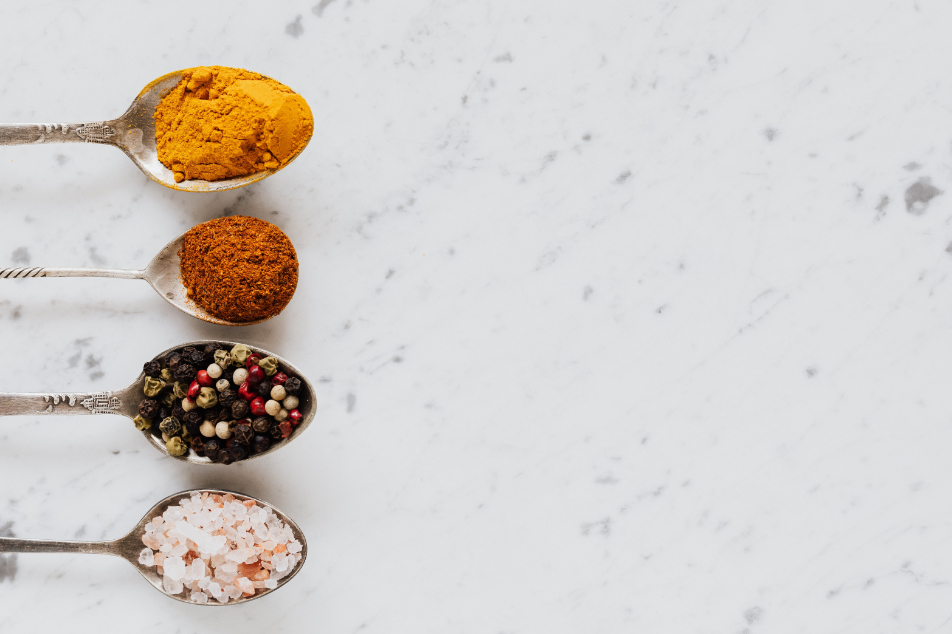
What is the sourest fruit ever?
Amla or Indian gooseberry is one of THE sourest fruits of all time. Just a single tiny rice flake sized bite will get your whole body tingling and doing the boogie woogie. Seriously, this is super sour. Infact, after eating just 1 amla, your mouth feels super fresh and water tastes sweet for hours after having amla!
Amla, also known as Indian gooseberry, is a fruit that is native to India. It is a member of the Phyllanthaceae family, which also includes mangosteen and cashew nut. Amla is a good source of vitamin C, as well as other nutrients, such as potassium, iron, and magnesium.
Amla is available fresh, dried, or powdered. It is a popular ingredient in Ayurvedic medicine and is used to treat a variety of health conditions, including anemia, diarrhea, and fever.
Here are some of the health benefits of amla:
- Improved immunity: Amla is a good source of vitamin C, which is essential for a healthy immune system. It helps the body to fight off infection.
- Reduced risk of heart disease: Amla contains antioxidants that can help protect the heart from damage caused by free radicals.
- Improved digestion: Amla can help to improve digestion by increasing the production of digestive juices.
- Boosted energy levels: Amla is a good source of iron, which is essential for carrying oxygen to the cells. It can help to boost energy levels.
- Improved skin health: Amla contains antioxidants that can help protect the skin from damage caused by the sun and pollution.
Amla is a healthy and versatile fruit that can be enjoyed by people of all ages. It is a good source of nutrients and can help improve overall health.
Here are some tips for choosing and storing amla:
- Choose amla that are firm and have a bright yellow-green color. Avoid amla that are soft or have bruises.
- Amla can be stored at room temperature for a few days. Once they start to ripen, they can be stored in the refrigerator for up to a week.
- Amla can also be dried or powdered and stored in an airtight container in a cool, dark place for up to 6 months.
Benefits:
-
Relieves asthma and bronchitis.
-
Reduces cholesterol level and good for burning fat.
-
Relieves constipation and piles.
-
Flushes out toxins from the body and hence goo blood purifier.
-
Improves eyesight and control cataracts.
-
Makes the heart muscles strong and hence heart healthy.
-
Controls diabetes
-
Improves the tannins in the body that can shield heat and light, thus acting as cooling agent.
-
High in anti-inflammatory properties.
-
Improves oral health.
-
Cures insomnia.
-
Rich in anti – oxidants and thus prevents cancer.
-
Lowers the osteoclasts in the body that are responsible for destruction of bones.
-
Rich in carotenes, phosphorus, calcium, Iron, Vitamin B complex and in powerful anti-oxidants.
-
Good for skin and hair health.
-
Delays the effect of pre-mature ageing. Source: http://www.stylecraze.com/articles/benefits-of-amla-juice-for-skin-hair-and-health/#
-
Amla can shrink tumours by causing tumour cell death. Source: http://www.livingnaturally.com/ns/DisplayMonograph.asp?StoreID=3ED1FF6A18BD42979FFF73C8E8CD4512&DocID=bottomline-amalaki
Interactions:
-
can interfere with antiarrythmics
-
shows antagonism of beta-adrenoceptor blocking drugs
-
Can interact with cardiac glycosides and increase the risk of hypokalemia.
-
Can interact with depolarising muscle relaxants and increase the risk for arrythmias.
-
Can interfere with nitrates and calcium channel blockers.
-
Can potentiate terfenadine to cause arythmias.
-
Tannins in amla is incompatible with alkalies, heavy metals, gelatin, water, iron, metallic salts, Zinc sulfate an strong oxidising agents.
Source: http://www.hillgreen.com/pdf/amla
-
Can interact with warfarin and other anti-coagulants
-
Can interact with NSAIDs such as naproxen and ibuprofen.
-
Can lower blood glucose and hence can interact with blood sugar lowering medications.
-
Can interact with cholesterol lowering medications
-
Can protect liver from tuberculosis medications.
-
can protect heart from doxorubicin.
-
Can interact with iron and reduce iron levels in the body.
-
Can interact with copper and can reduce copper levels in the body.
-
Amla can interact with immunosuppresants.
-
Amla can increase the amount of vitamin C when taken with fruit juices. Source: http://www.livingnaturally.com/ns/DisplayMonograph.asp?StoreID=3ED1FF6A18BD42979FFF73C8E8CD4512&DocID=bottomline-amalaki
Health conditions to avoid amla:
-
Avoid amla in people with known allergies.
-
Use cautiously in people with anemia.
-
Should be avoided by people on anti-coagulants.
-
Should be used with caution on patients with low sugar levels or those taking diabetic medications.
-
Avoid amla in patients having reduced immune function. Source: http://www.livingnaturally.com/ns/DisplayMonograph.asp?StoreID=3ED1FF6A18BD42979FFF73C8E8CD4512&DocID=bottomline-amalaki
Photo by Rajesh S Balouria: https://www.pexels.com/photo/food-sunny-summer-sun-14627741/
NOTE: The information on this website is for educational purposes only and is not intended to replace the advice of a qualified medical professional. If you have any questions or concerns about your health, please consult a doctor. We do not endorse any specific products or treatments, and we do not claim to cure or treat any medical conditions. The information on this website is based on our own research and experience, and we cannot guarantee its accuracy or completeness. View the full disclaimer here


